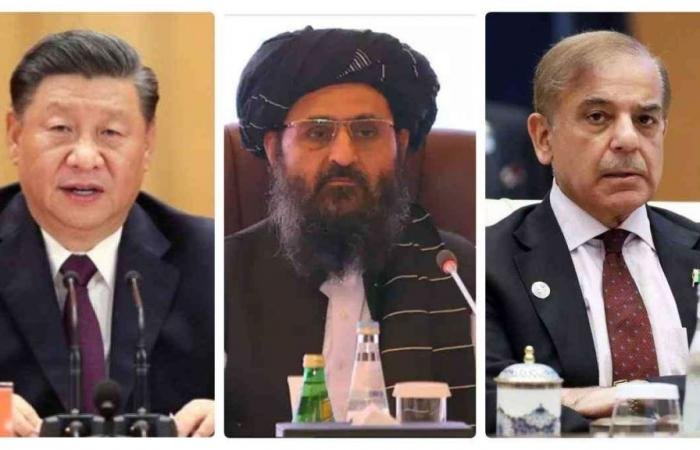China and Pakistan have agreed to extend the Belt and Road Initiative to Afghanistan, potentially bringing billions of dollars in infrastructure projects to the country. The Taliban government has expressed readiness to participate in the project, which would provide much-needed infrastructure investment to the sanctions-hit country. Chinese and Pakistani officials have previously discussed extending the project to Afghanistan, built under President Xi Jinping’s flagship Belt and Road initiative. The Taliban’s top diplomat, Amir Khan Muttaqi, traveled to Islamabad to meet his Chinese and Pakistani counterparts and reached an agreement.
The Chinese and Pakistani ministers also stressed the need to unfreeze Afghanistan’s overseas financial assets. The Taliban has been blocked from accessing about $9 billion of Afghanistan’s central bank reserves held overseas on concerns the funds will be used for terror activities. Washington later agreed to release half of it to bolster the economy but put it on hold after the Taliban imposed certain school and work restrictions on Afghan women last year.
The Taliban has harbored hopes for China to boost investments in the country’s rich resources, estimated to be $1 trillion. The government inked its first contract in January with a subsidiary of China National Petroleum Corporation to extract oil from the northern Amu Darya basin.
China, Russia, and Iran are among a handful of countries that maintain warm ties with the Taliban. They have provided aid in the tens of millions of dollars to the Taliban, but have stopped short of formally recognizing the government. A UN agency said last week the Taliban requires $4.6 billion this year to help more than two-thirds of the country’s 40 million population who are living in extreme poverty.
Chinese businesses have been wary of investing in Afghanistan due to attacks by the Islamic State group, which is competing with the Taliban for influence. In December, the militant group took credit for an attack at a Kabul hotel popular with Chinese diplomats and businessmen. There’s also the presence of the East Turkistan Islamic Movement, a Xinjiang-based separatist group, that’s kept Beijing cautious about expanding its influence.
Muttaqi’s second visit to Pakistan comes days after the United Nations stressed the need to engage with the Taliban rulers as Afghanistan is facing the “largest” humanitarian crisis in the world. The Taliban see investments as a way to fix a cash-strapped economy after international aid, accounting for 60 percent of public spending, was halted following the chaotic withdrawal of US troops in 2021. The extension of the Belt and Road Initiative could potentially bring much-needed infrastructure investment to Afghanistan, but it also raises concerns about the potential for increased influence by China in the region.
